What’s the most exciting bit of a motor race? It’s often the start, isn’t it? The tension that has slowly built over a weekend winds to its peak as the red lights go out and a grid of cars explode off the line in a frenzy of colour and noise.
They will never be closer than in these moments as they jostle for position into the first turn, the drivers never at a greater risk of calamity, their fate resting in the lap of the gods – or the ability of each to keep within their own personal space. The start requires a delicious combination of driver skill, luck and a car working at its optimum – the holy trinity of riveting motorsport.
The trouble is, what happens if the rest of the afternoon turns out to be an anti-climax? Then the sport falls short in one of its key objectives: to entertain and keep us hooked to the end. Ideally, the best bit of any sport should come at the denouement – but genuine sport is too random to always stick to an ideal narrative arc. Sometimes sport – any sport – can appear dull, especially if the best performers start at the front, take an early lead and stay there.
So for motor racing, what’s the answer to this timeless conundrum? Logic might suggest if the best bit is often the beginning, why not create more than one? That seems to be part of the motivation behind a proposal to add a second race to Formula 1 grand prix weekends this year – all in the name of spicing up the show.
The sprint race trial
At three grands prix this season – in Canada, Italy and Brazil – there’s “broad support” from the F1 teams to trial a sprint race that will run on Saturday afternoons. It hasn’t been signed off yet and details need to be thrashed out, but right now the experiment looks more likely to go ahead than not. At these races, the three-tier qualifying session we’re familiar with will move to Friday and decide the line-up for the sprint race that will run over roughly 100km – about a third of the distance of a traditional grand prix. The result of the sprint will then define the starting order of the grid for the main event on the Sunday. The fakery of a reverse-grid format has been swept from the table (thankfully), and by maintaining an element of qualifying as we’ve always known it on the Friday (where the fastest driver over a single lap can show their pure speed and earn due reward), F1 can claim it remains true to its traditional principles as a supposedly genuine sporting meritocracy.
Typically, the drivers don’t approve. Among those to speak out during the 2021 team launch season were Max Verstappen, Sergio Pérez and Daniel Ricciardo, while newly green Sebastian Vettel offered a response born from his natural instinct. The four-time world champion and Aston Martin recruit has a respect and knowledge of F1 history uncommon among his peers and is something of a purist.
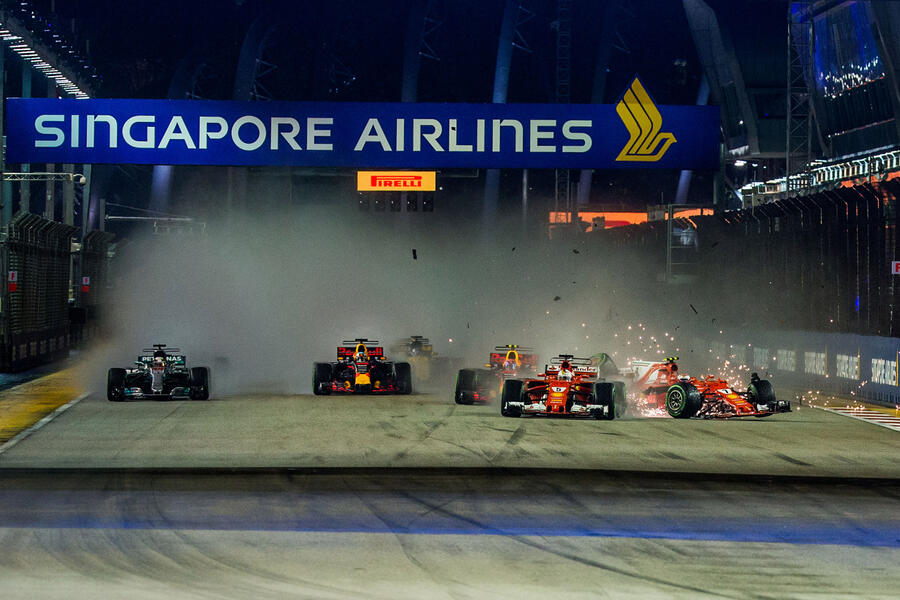

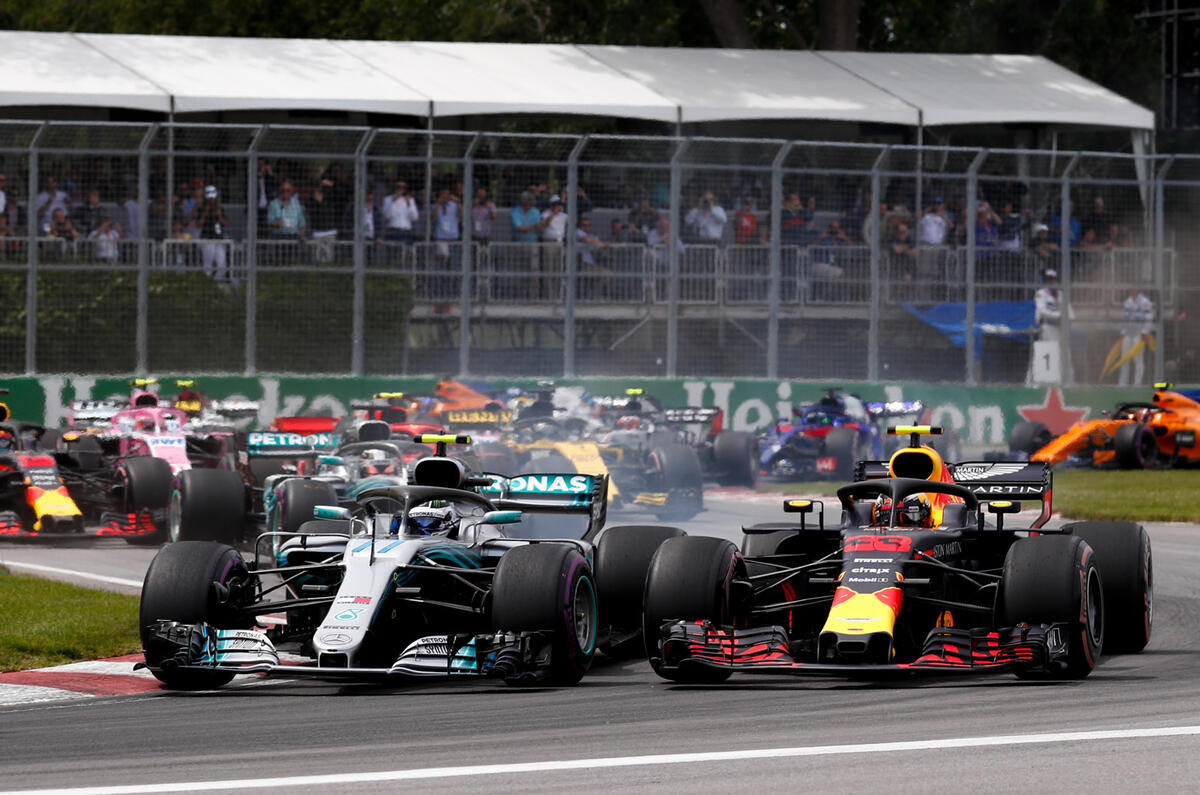
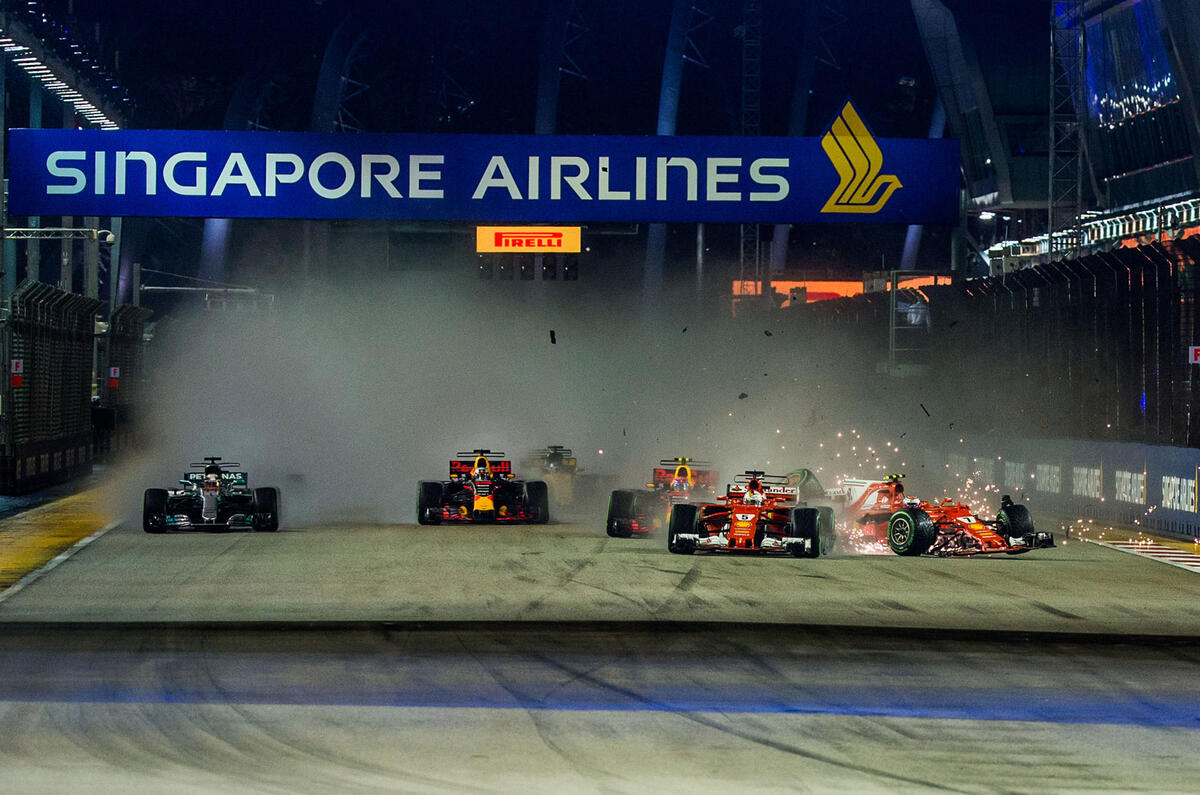
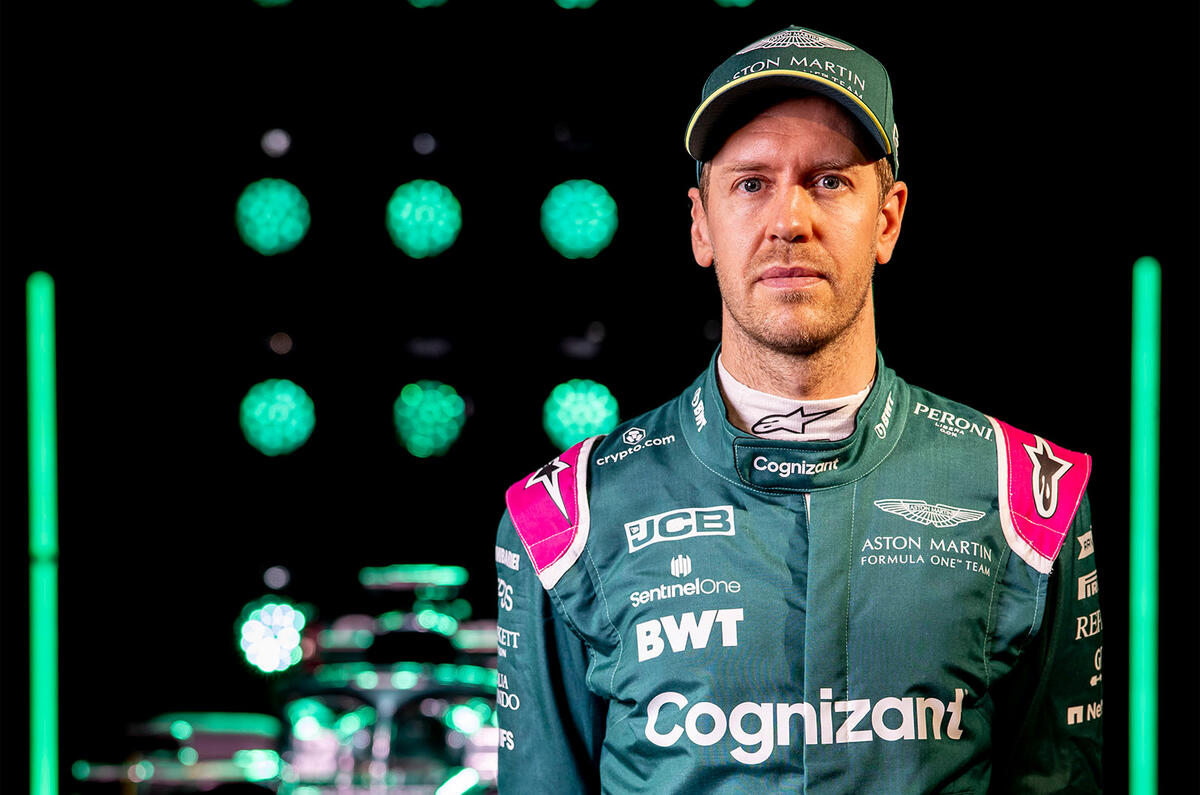
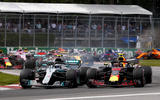
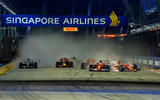


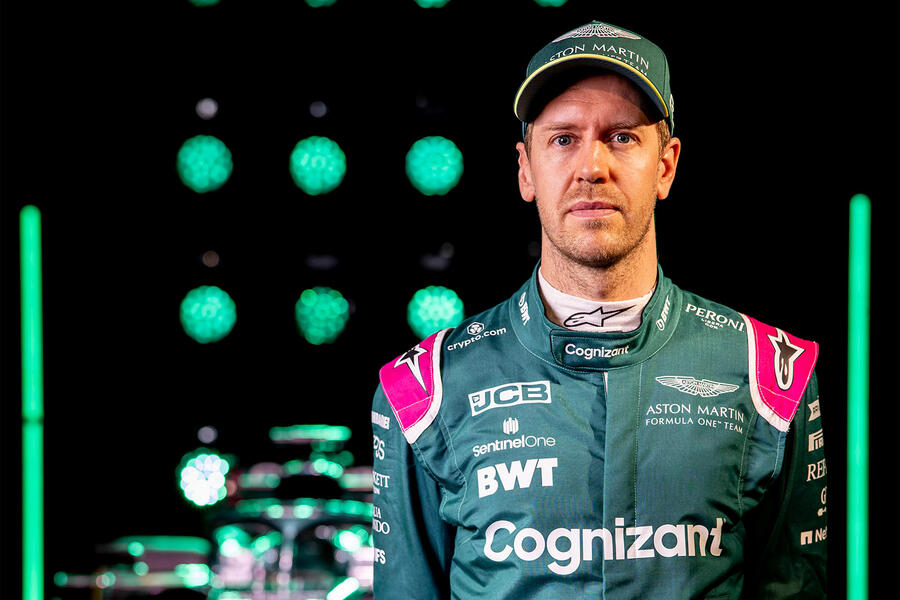

Join the debate
Add your comment
The problem with making a sport fair for all, to have an equal chance of winning is not attainable, you could give every team the exact same car and you'd then expect the best drivers to win, because they've got that one percent that gets them the win, we've had race seasons 30-40 years ago where, just because the car was head n shoulders above the rest, you had poor drivers winning, or finishing in the top ( anyone remember Hector Rebac?), a shorter race is more exciting, but, it's less air time for sponsors and other backers, so, races have to longer than this, and, not all teams have enough money to be able to compete.
What would be nice is if all these journalists that have no appreciation for the real world and spent all their time at a boring university full of nothing but boring acedemics learning how to write and spell correctly and interestingly gave up their jobs for people with just sufficient qualifications and an insight as to how the common person lives, that would make for a far more interesting magazine written by other social -economic types than middle class VW worshipping folk, we wouldn't have to listen to people reporting about how they and their wife bought an EV and statements like "I don't really need an X5 anymore", some bad language and poor grammer and some of those longer boring articles could be condensed down to just the basics, no need for all that boring crap about interior space and features and all that preamble rubbish, we just want the baby we don't need the labour pains.
What has really sc up F1 is the commercial side of it, yes, if there weren't backers, sponsors etc there'd be no F1, Bernie used to say they were providing a spectacle,excitement, winning at one time was the motivation for drivers, now the top drivers get paid millions to drive a car, nobody does enough work or risk for that kind of money, how much money do you really need in your life?, last year there were a couple of good races which were over a shorter distance, there was constant action, lots of overtake moments,hopefully this year we'll get the public back to attend, that'll add some excitement for there, no, more races over Fri-Sun could be good, and if Vettel etc don't like it, get out of the car and let the next generation get a chance.